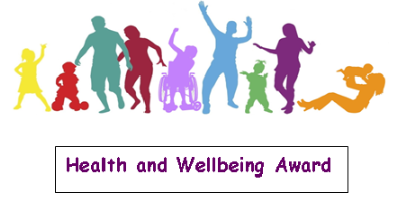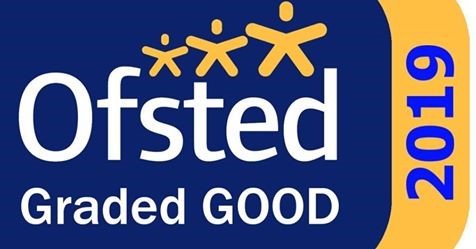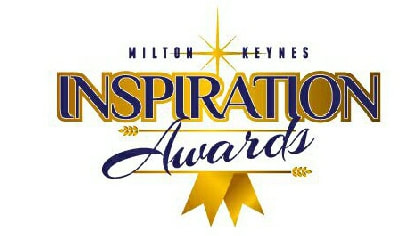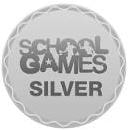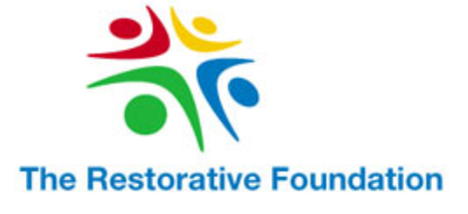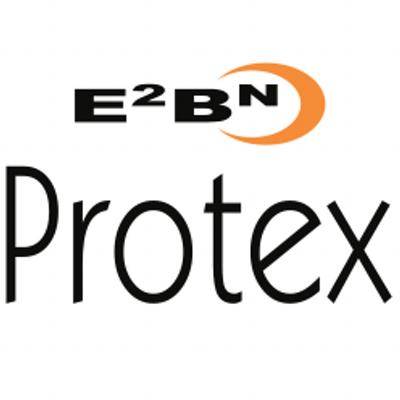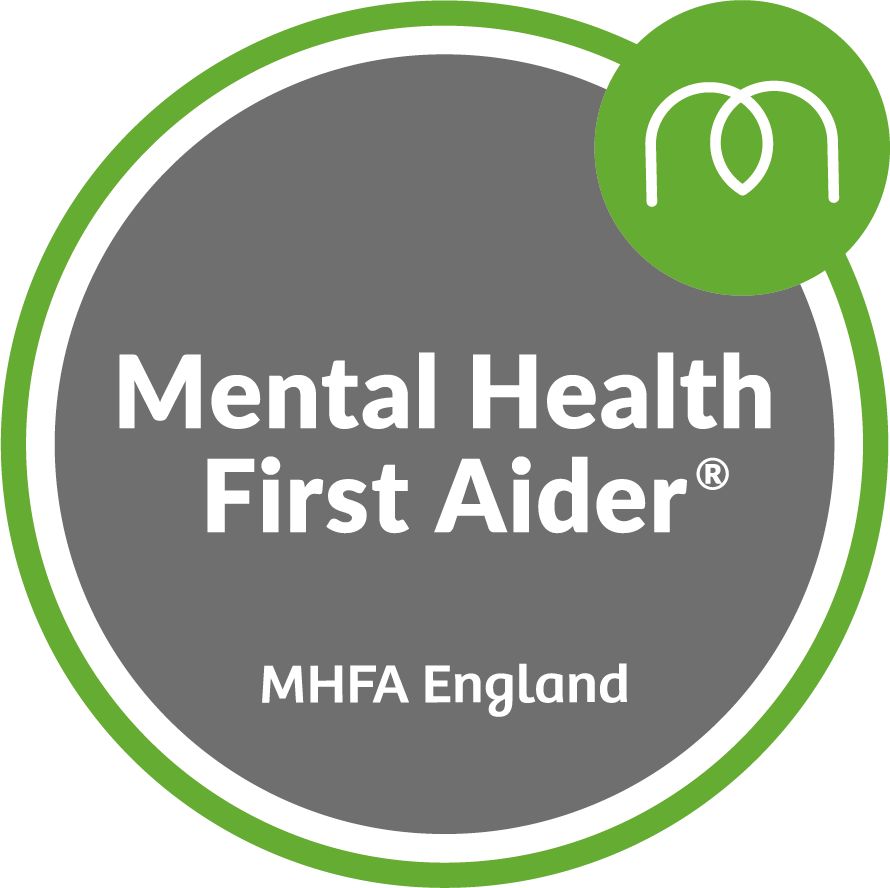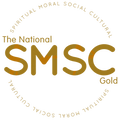Spelling Bee 2020!
After half term, we will be launching our Spelling Bee 2020!
To promote high standards of spelling across the school, we will once again be holding our annual spelling competition, giving every child the chance to learn a list of spellings and earn house points in the process. We have found this to be a fun and motivating way to encourage learning spellings and to celebrate the achievement of the children, and we hope that this year will be no exception.
How will it work this year?
In previous years, the semi-final and final rounds of the Spelling Bee have involved the school gathering in the hall to watch the finalists and semi-finalists compete together. This will not be possible this year due to COVID-19 so we will instead be meeting virtually over Zoom. We have used this method successfully thus far for assemblies and believe this to be a simple modification that will allow the competition to continue otherwise unchanged.
Competition timeline
Week beginning 2nd November - We return to school after half term. The children will have two weeks to make sure that they know their spelling lists well. We recommend that all children start learning them over the half term break.
Week beginning 16th November - Preliminary round! Class teachers from Years 1 - 6 will test their classes a sample of words from the word list for their year group. Each word will be read aloud for the children to spell on paper. The children will be able to win house points for words spelt correctly. Each year group will then enter their top speller from each house, four spellers in total, into the semi-final.
Week beginning 23rd November - virtual semi-final! All semi-finalists will be able to earn house points for correctly spelt words. They will spell words from their year group lists. Words will be spelt out loud - a whiteboard and pen will be provided.
Week beginning 30th November - Second preliminary round! Class teachers will once again test their class in the same away as the previous preliminary round, using different words from the list. This will be another chance for all children to earn house points and, as before, the top spellers will be entered into the next round. The finalists will be chosen from this second preliminary round and so these may be different children from the semi-final!
Week beginning 7th December - Virtual final will take place in the same way as the semi-final round and the winners will be announced!
What words should my child be learning?
Please see below for the downloadable spelling bee word lists. These words have been taken from the National Curriculum statutory word lists.
How can I help my child?
Spellings can be learnt in limitless ways, although traditionally spellings are learnt by memorising them using a "Look, Cover, Say, Write and Check" approach. While this is effective, it isn't always the best or the most fun way to learn. So we encourage you to also think creatively - the more fun it is, the more spellings your child is likely to learn. Here are a few suggestions for ways that you could make learning spellings fun, engaging and memorable:
To promote high standards of spelling across the school, we will once again be holding our annual spelling competition, giving every child the chance to learn a list of spellings and earn house points in the process. We have found this to be a fun and motivating way to encourage learning spellings and to celebrate the achievement of the children, and we hope that this year will be no exception.
How will it work this year?
In previous years, the semi-final and final rounds of the Spelling Bee have involved the school gathering in the hall to watch the finalists and semi-finalists compete together. This will not be possible this year due to COVID-19 so we will instead be meeting virtually over Zoom. We have used this method successfully thus far for assemblies and believe this to be a simple modification that will allow the competition to continue otherwise unchanged.
Competition timeline
Week beginning 2nd November - We return to school after half term. The children will have two weeks to make sure that they know their spelling lists well. We recommend that all children start learning them over the half term break.
Week beginning 16th November - Preliminary round! Class teachers from Years 1 - 6 will test their classes a sample of words from the word list for their year group. Each word will be read aloud for the children to spell on paper. The children will be able to win house points for words spelt correctly. Each year group will then enter their top speller from each house, four spellers in total, into the semi-final.
Week beginning 23rd November - virtual semi-final! All semi-finalists will be able to earn house points for correctly spelt words. They will spell words from their year group lists. Words will be spelt out loud - a whiteboard and pen will be provided.
Week beginning 30th November - Second preliminary round! Class teachers will once again test their class in the same away as the previous preliminary round, using different words from the list. This will be another chance for all children to earn house points and, as before, the top spellers will be entered into the next round. The finalists will be chosen from this second preliminary round and so these may be different children from the semi-final!
Week beginning 7th December - Virtual final will take place in the same way as the semi-final round and the winners will be announced!
What words should my child be learning?
Please see below for the downloadable spelling bee word lists. These words have been taken from the National Curriculum statutory word lists.
How can I help my child?
Spellings can be learnt in limitless ways, although traditionally spellings are learnt by memorising them using a "Look, Cover, Say, Write and Check" approach. While this is effective, it isn't always the best or the most fun way to learn. So we encourage you to also think creatively - the more fun it is, the more spellings your child is likely to learn. Here are a few suggestions for ways that you could make learning spellings fun, engaging and memorable:
- First, help your child to practise reading the words. It is very hard to spell a word you can't read confidently.
- Use the words on the list to write a rhyme, song, poem or rap
- Assign letters or word chunks to sound, music or rhythm
- Write tricky words on post-it notes and display them in visible places around your home: on the fridge, on the bathroom mirror, next to light switches, on TV remotes, on laptops/tables, PlayStation controllers - wherever your child is most likely to see them! Your child will have fun choosing where to display them
- Draw the words in bubble writing or in colourful patterns
- Write out each word and then trace over it again and again. This will help with muscle memory when writing the spellings down.
- Make posters or pictures of your word for display
- Don't forget to practise spelling the words out loud!
- This is not an exhaustive list so do come up with your own fun ways to learn them, too!
| spelling_bee_y1_2_word_list.pdf | |
| File Size: | 337 kb |
| File Type: | |
| spelling_bee_y3_4_word_list.pdf | |
| File Size: | 322 kb |
| File Type: | |
| spelling_bee_y5_6_word_list.pdf | |
| File Size: | 322 kb |
| File Type: | |
Latest News
Phonics support during school closure: We have made all previous videos and additional flashcards available to view/download. See below. Weekly phonics lessons will continue from Monday 8th June 2020
Spellings: Information following parent meetings earlier this year is available to download (below)
Phonics: Children in years 1 and 2 have now been grouped and have started their phonics lessons. Key words, flashcards and rhymes to support your child at home can be downloaded below. If you have any questions please see our FAQs section at the bottom of this page.
Spellings: Information following parent meetings earlier this year is available to download (below)
Phonics: Children in years 1 and 2 have now been grouped and have started their phonics lessons. Key words, flashcards and rhymes to support your child at home can be downloaded below. If you have any questions please see our FAQs section at the bottom of this page.
Phonics at Great Linford |
Spellings at Great Linford |
|
At Great Linford Primary School we teach phonics using the Read, Write Inc. programme created by Ruth Miskin which is in line with the National Curriculum. This is predominately for children in Foundation to Year 2, however, we also use this scheme to support our children further up the school when required. Children are assessed every half term and then grouped according to their phonic knowledge in small homogenous groups to ensure the quality teaching of phonics. Children will receive supporting reading books - often referred to as 'banded' reading books each day. Click on the links below for useful resources:
|
Spellings are a crucial life skill and underpin much of what the children will do throughout their time here at Great Linford and beyond. With key research by Babcock Educational Trust in mind, we follow a weekly curriculum that builds on the children's phonetic knowledge year by year.
Spellings are set each Monday and tested the following Monday. Children are to select a method of learning their spelling that best suits them. Teachers will teach between two and three supporting lessons to allow the children time to revise the weekly spelling rule. |
Phonics Clips
A welcome from Mr ShiptonThe /ee/ soundThe /a-e/ soundThe /oo/ soundPhase 2 Resources |
The /ay/ soundThe /igh/ soundThe /air/ soundThe /ir/soundPhase 3 Resources |
Phonics - Useful Information |
NC Statutory Spelling Lists |
|
|
Click on the links below to view the statutory spelling lists. These are a list of words in the National Curriculum that children are expected to know by the end of each phase.
|
Spelling and Phonics FAQs
Q: What can I do at home to help my child in phonics?
A: Speak to your child's teacher and find out what sounds they are currently learning. You can support by repeating these sounds at home using the flashcards (download above)
Q: My child is in Y2 but still in a phonics group - why is this?
A: Some children take longer than others to master all the sounds. In this instance, children are grouped accordingly so that they best access their learning.
Q: My child only gets 5 spellings per week - is this right?
A: Yes - research shows that learning less spellings per week is more beneficial. The children may look at other spellings in the daily lessons so they may cover up to 20 spellings. They will only be tested on the words sent home.
Q: I'm new and some of the tasks are a little tricky - can someone show me what to do?
A: Yes - please speak to your child's class teacher and the teacher will explain the tasks and how to complete them.
Q: Who can I speak to if I have a question?
A: Please book an appointment with your child's class teacher in the first instance. However, Mr Rowlands will gladly answer any questions you may have. Please book an appointment via the school office.
A: Speak to your child's teacher and find out what sounds they are currently learning. You can support by repeating these sounds at home using the flashcards (download above)
Q: My child is in Y2 but still in a phonics group - why is this?
A: Some children take longer than others to master all the sounds. In this instance, children are grouped accordingly so that they best access their learning.
Q: My child only gets 5 spellings per week - is this right?
A: Yes - research shows that learning less spellings per week is more beneficial. The children may look at other spellings in the daily lessons so they may cover up to 20 spellings. They will only be tested on the words sent home.
Q: I'm new and some of the tasks are a little tricky - can someone show me what to do?
A: Yes - please speak to your child's class teacher and the teacher will explain the tasks and how to complete them.
Q: Who can I speak to if I have a question?
A: Please book an appointment with your child's class teacher in the first instance. However, Mr Rowlands will gladly answer any questions you may have. Please book an appointment via the school office.

